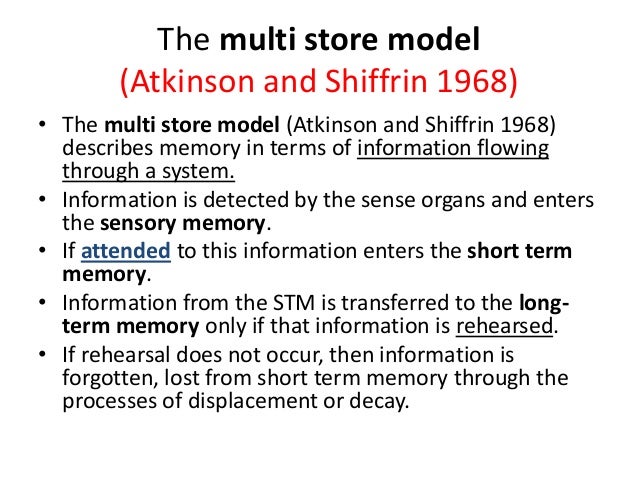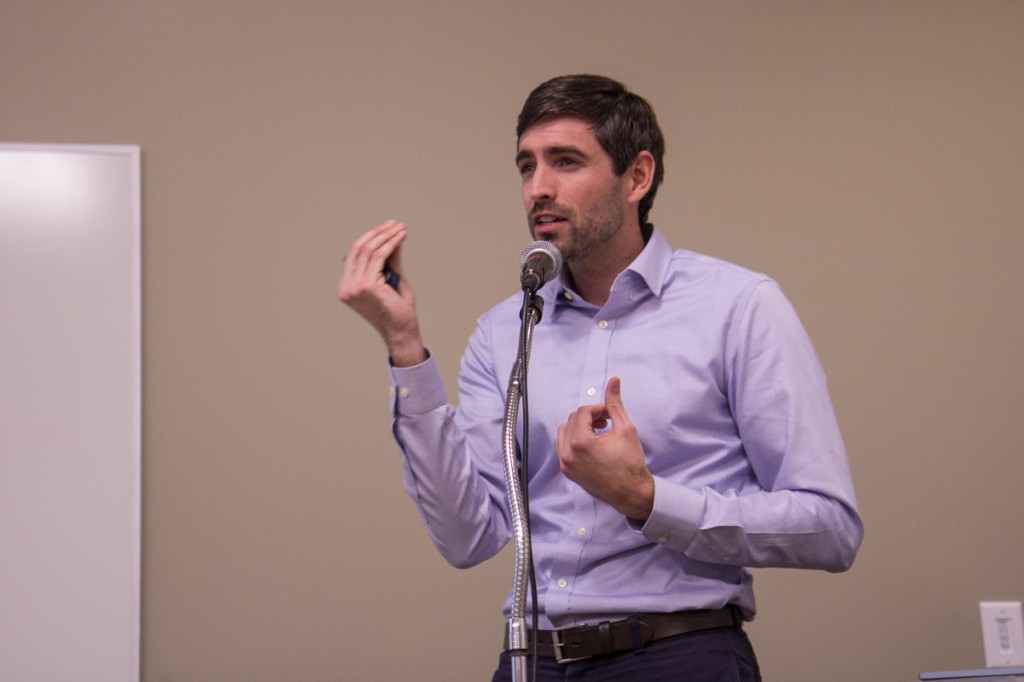

conclude that human memory is more accurate than most researchers have come to believe. The median expert prediction was for just 40 percent accuracy.ĭiamond et al. The experts were given a description of the experimental methods and asked to estimate the proportion of recalled details that would be accurate. This 93 percent accuracy was much higher than the estimates provided by a panel of 68 psychologists specializing in memory. With longer delays, participants recalled fewer details, but the details they did report were accurate. The results showed that each participant recalled a high number of event details (over 50 on average for the art gallery event), and over 93 percent of the details reported by participants proved to be accurate, regardless of the delay between event and the memory test. Participants of the art gallery tour were tested two days afterward, but there was also a second event where the delay between event and testing was several months. In this way, the accuracy of each detail reported by every participant could be verified. For example, one of the events was a tour of a local art gallery which each of the participants completed.Ĭrucially, the exact details of what had really happened during the event were known to the researchers - because they had set up the event. asked 74 participants to recall as many details as possible about a certain event which they'd previously experienced. Diamond of the University of Pennsylvania and colleagues carried out the study, and they used a beautifully simple approach.ĭiamond et al. What's more, memory proved much more accurate than a panel of memory scientists predicted.


How reliable is human memory? If you think back over something that happened months ago, how many of the details in your memory would be accurate?Īccording to a new paper published this week in Psychological Science, our memories of everyday experiences are remarkably true to life.


 0 kommentar(er)
0 kommentar(er)
